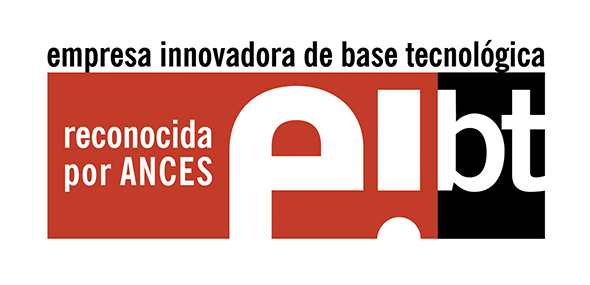Projects
Innovation and development are in our DNA, and for this reason we have a department at our headquarters in Caldas de Reis (Spain), where a team of professionals with extensive experience in the chemical sector works in two equally important areas.
On the one hand , the department focuses on the development of new products and optimisation of established products on the market and, on the other hand, on the development and innovation of its own and third-party manufacturing processes.
Foresa actively participates in national and international forums related to the chemical industry as well as in several research projects developed at European level.
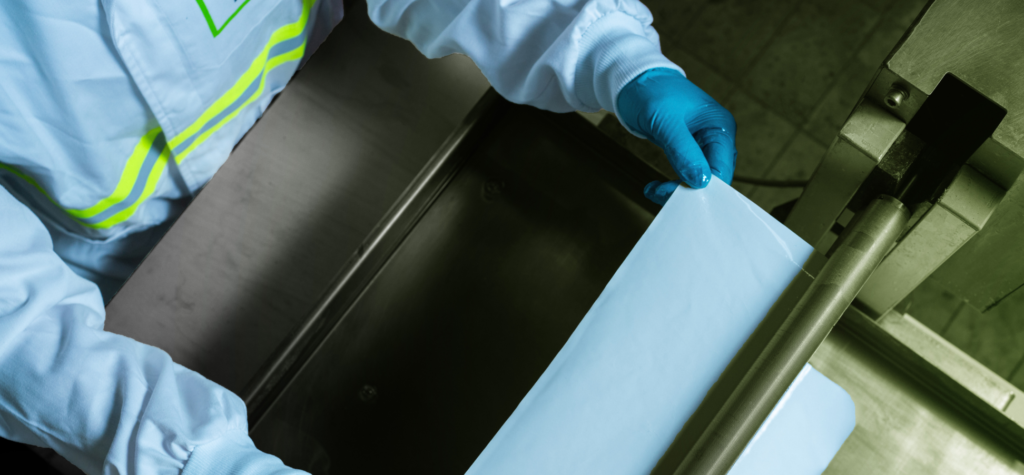
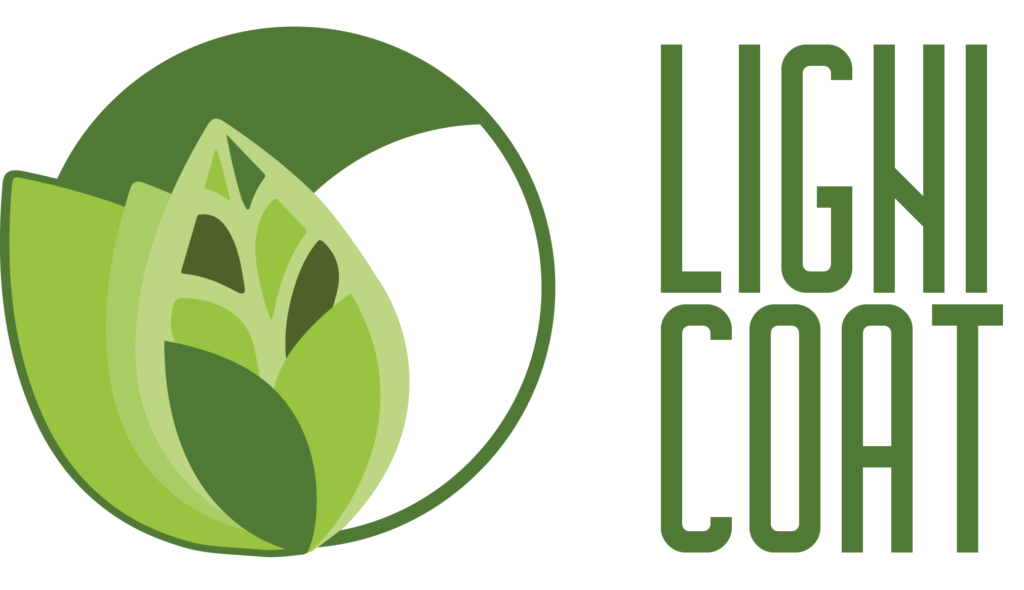
Name: Lignicoat
Programme: Bio-based Industries Joint Undertaking (JU) | https://www.cbe.europa.eu/ | BBI-RIA Bio-based Industries Research and Innovation action – BBI2020-S03-R5 (https://ec.europa.eu/info/funding-tenders/opportunities/portal/screen/ opportunities/topic-details/bbi-2020-so3-r5)
Period: 2021-2024
Objective:
LIGNICOAT aims to demonstrate the technical and economical feasibility of using lignin as a raw material to produce bioresins for different applications in the field of functional coatings and sustainable.
The LIGNICOAT project proposes the development of eco-innovative materials from lignocellulosic biomass for sustainable bio-based coatings considering the availability and carbon footprint of resources. The project aims to increase the bio-based content of the coatings while ensuring performance and providing anticorrosion, flame retardant and anti-microbial characteristics. The validation of the sustainable lignin-based coatings will be carried out in an industrial environment with the collaboration of relevant private companies.
Lignin is an underutilised product with a high potential to provide not only economic benefits, but also environmental benefits if value-added applications are found. Although lignin is a topic of great interest, the conversion of lignocellulosic biomass into real products is not trivial and no commercial options are yet available. The LIGNICOAT proposal provides new synthetic routes to obtain “à la carte” bioresins (PUD, ALKYD and EPOXY) based on lignin intermediates (Polyols, Epoxies, phosphorylated, polyacids and carbonates) for application in coatings and validated in an industrially relevant environment (TRLS).
LIGNICOAT’s ambitious goal is to help the paint and coatings industry transition from fossil-based products to bio-based products. Depending on the materials and resins used, the estimated biocontent of the coatings will vary between 60-90%. Under this scope, the project results will be disseminated to stakeholders and policy makers. Finally, life cycle analysis, life cycle cost and social life cycle assessment will demonstrate the sustainability and feasibility of the suggested solutions.
Contributors:
https://www.lignicoat.eu/our-team/
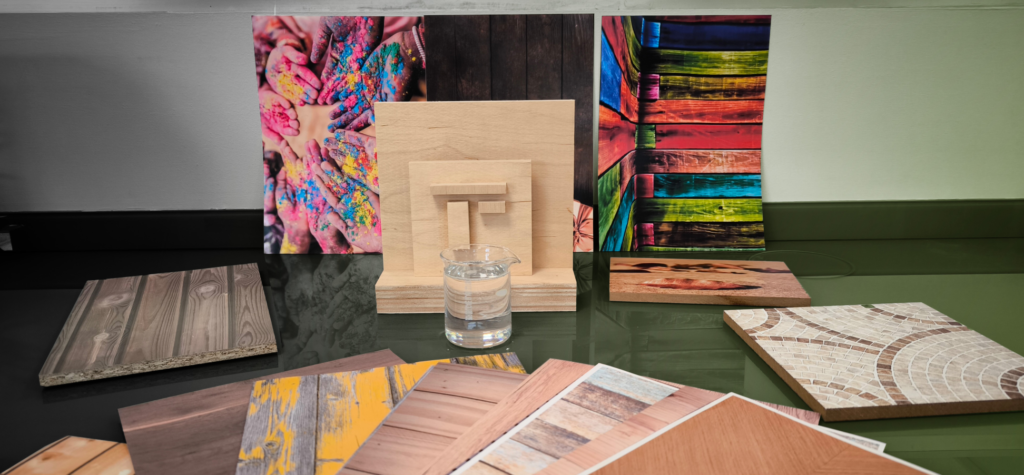
Project:
New Wave – Building a sustainable & circular economy through innovative, biobased manufacturing lines
Horizon-CL4-2021-TWINTRANSITION-01-05: Manufacturing technologies for bio-based materials.
(https://cordis.europa.eu/programme/id/HORIZON_HORIZON-CL4-2021-TWIN-TRANSITION-01-05)
Objective:
NewWave is a Horizon Europe funded research project that will contribute to building a circular economy by introducing sustainable feedstocks in 4 manufacturing lines, replacing toxic chemicals and reducing the environmental footprint of products. NewWave’s innovative approach is to apply thermochemical fractionation (TCF) to unlock and fractionate waste biomass. TCF combines fast pyrolysis of biomass with subsequent liquid-liquid extraction of the obtained fast pyrolysis bio-oil (FPBO), maintaining key chemical functionalities in separate, depolymerised fractions.
Contributors:
https://www.newwave-horizon.eu/partners/
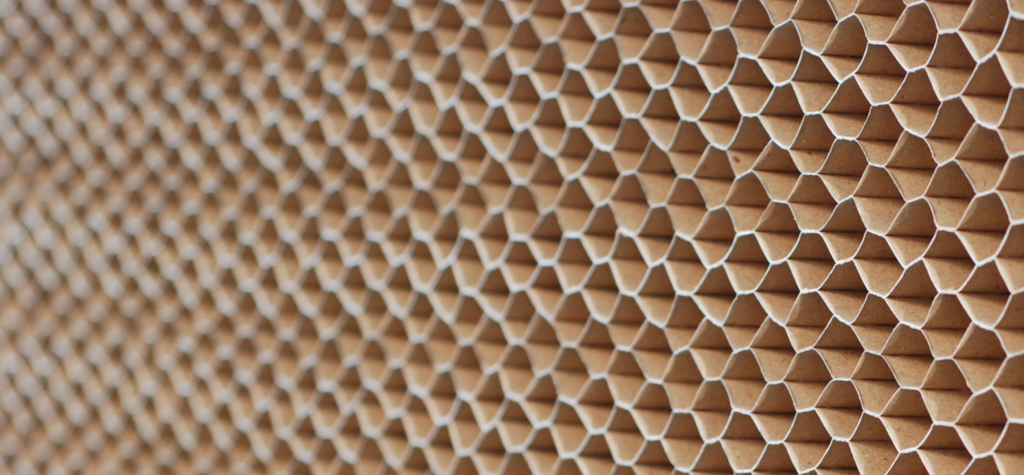
Name: Adhende
Programme: R&D projects “EXCELLENCE” and R&D&I projects “RESEARCH CHALLENGES”.
Period: 2015-2017
Project:
Development of water-based adhesives with reduced environmental impact and degradability.
R&D projects “EXCELLENCE” and R&D&I projects “RESEARCH CHALLENGES”.
Objective:
The use of biomass as a renewable and sustainable source of raw materials for the polymer chemistry industry has become a hot topic in the international polymer chemistry community. This project aims to develop a new generation of degradable water-based adhesives. To achieve this goal:
- Monomers that can be polymerised by radical polymerisation from biomass sources (e.g. monosaccharides, lactides and fatty acids) will be synthesised.
- At least 50% by weight of these renewable monomers will be incorporated in the synthesis of water-based adhesives by (mini) emulsion polymerisation and the performance of these new water-based adhesives will be studied in demanding applications where current adhesives produced with petroleum-based monomers fail to meet all requirements. Asf the synthesised adhesives are will be used in labels, and adhesives for paper, cardboard and wood fibres to see if their properties outperform those of current adhesives.
The objectives of this research project are framed within the challenges identified in the Spanish Strategy for Science and Technology and Innovation, especially in the challenge number 5 that considers the action on climate change and the efficiency in the use of resources and raw materials. Thus, the synthesised adhesives will be used in labels, and adhesives for paper, cardboard and wood fibres.
Partners:
FORESA and SAICA https://www.saica.com/en/
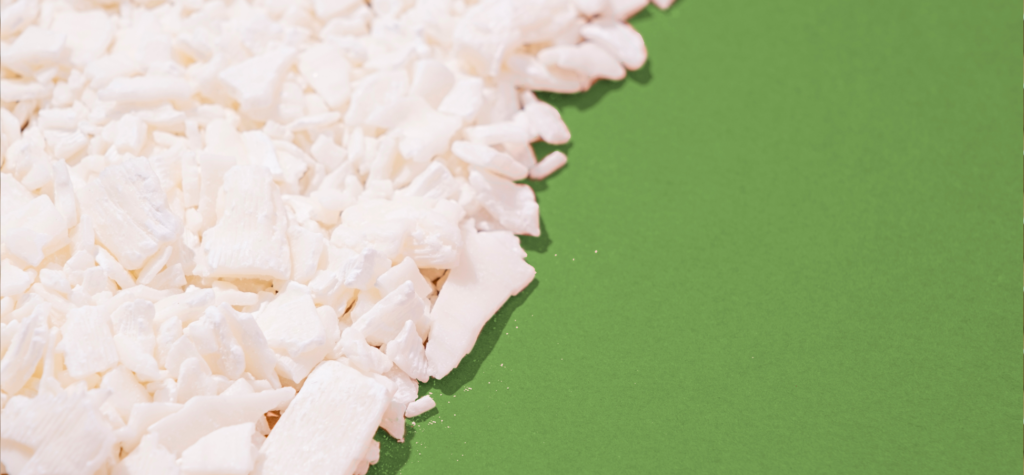

Name: PALM2WAX
Programme: EUREKA
Period: 2015-2017
Project:
Innovative formulations of vegetable paraffin emulsions for wood products.
Objective:
The overall objective of the PALM2WAX Project is to design, develop and validate competitive alternatives to petroleum-derived paraffin wax emulsions.
Technical objective: To design and manufacture an emulsion based on vegetable waxes that provides the same hydrophobic properties to wood-based panels (wood composites) as petroleum based paraffins.
Commercial objective: To provide the market with an alternative family of emulsions to the current one, opening up a new bio-alternative on the market, which does not exist at the time of writing. At the same time, this new emulsion should have a cost that allows it to compete with the current options, in order to obtain a premium product as well as the use of raw materials that are not dependent on feed stocks.
Environmental objective: To generate a “green” product based on sustainable and environmentally friendly raw materials while reducing the carbon footprint of the final product.
Contributors:
Croda (https://www.croda.com/en-gb)
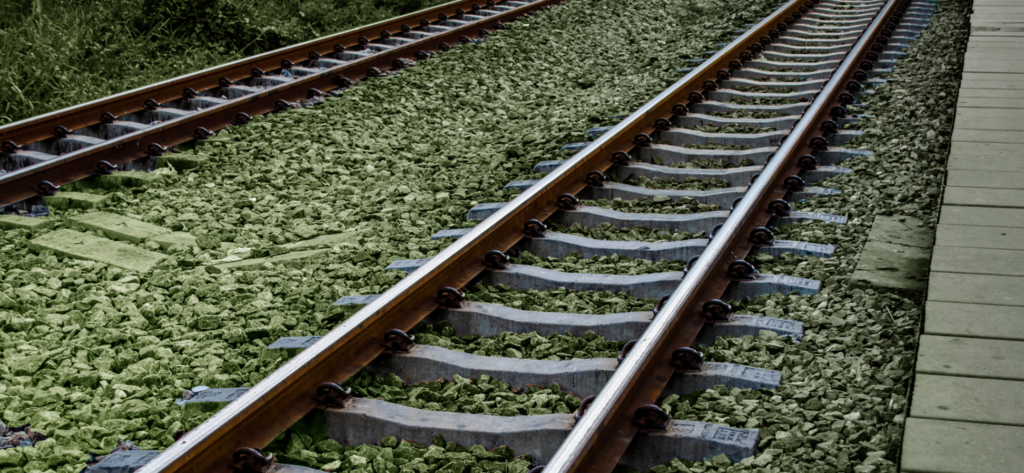
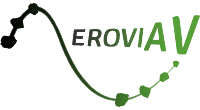
Name: AEROVIA V
Programme: FEDER-INTERCONECTA
Period: 2013-2015
Project:
Consolidation of high-speed railway track ballast to minimise dragging damage to train undercarriages and the surrounding area.
Contributors:
Acciona / Fundación Iter / Metalurgica Cuevas

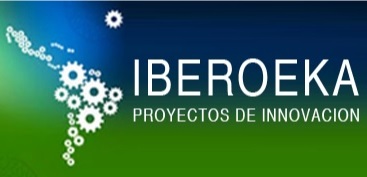
Name: ESTABIL
Programme: IBEROEKA MEXICO
Period: 2013-2015
Project:
International Technological Cooperation Project between Mexico (CONACYT) and Spain (CDTI).
Stabilisation of slopes in road infrastructure by means of a ferti-irrigation of a biodegradable & biocompatible adhesive inoculum of mycorrhizal fungi and seeds of plant species.
Partners:
Acciona Mexico / Ineco
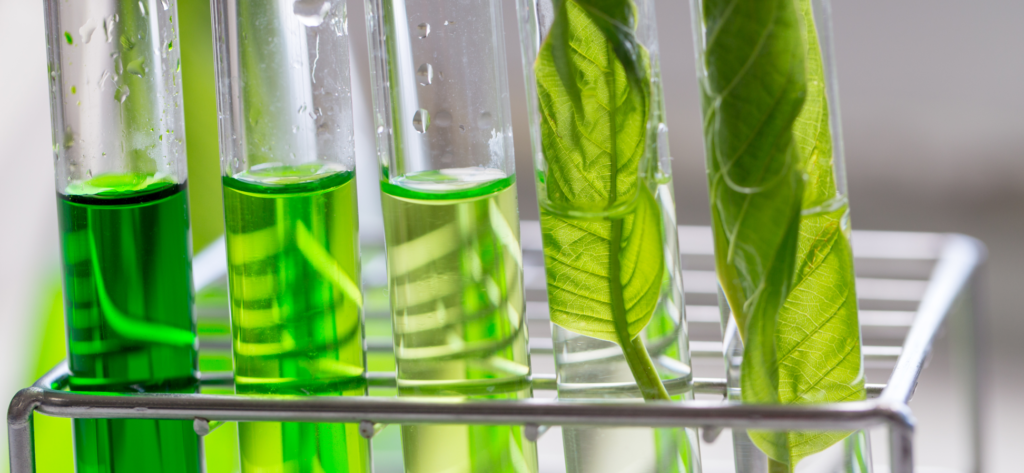
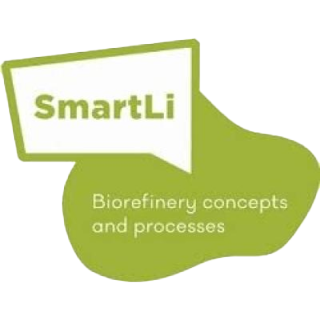
Name: SMARTLI
Program: H2020-BBI-PPP-2014-1 BBI.VC2.R4
Period: 2016 – 2019
Project:
SmartLi aims to develop technologies for the industrial manufacture of biomaterials using technical lignins as raw material.
Objective:
The technical lignins included in the study are krak lignin, lignosulphonates and bleaching effluents, all from abundant lignin sources. Technical lignins are not directly applicable for biomaterial production. Therefore, pretreatments will be developed to reduce their sulphur content and provide consistent quality. Thermal pretreatments are also expected to improve the properties of lignin for use as reinforcement in composite materials, while fractionation and catalytic degradation pre-treatments will produce lignin fractions (reactive oligomers) to be tested in resins for different applications: phenolic resins for MDF manufacturing, plywood and impregnation, polyurethanes and epoxy. A complete LCA, including a dynamic process, will support the study.
Academic collaborators:
FIBIC / Tecnaro Gmbh / AEP Polymers / Fraunhofer / VITO / Metsä Fibre / VTT / SAPPI NETHERLANDS / Foresa / Wood K plus / Prefere Resins Finland Oy / Kotkamills Oy / Andritz Oy
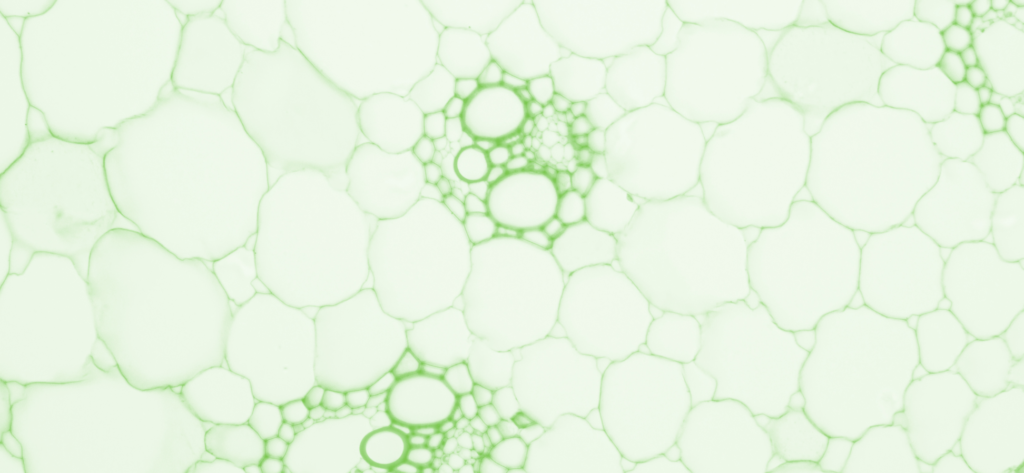
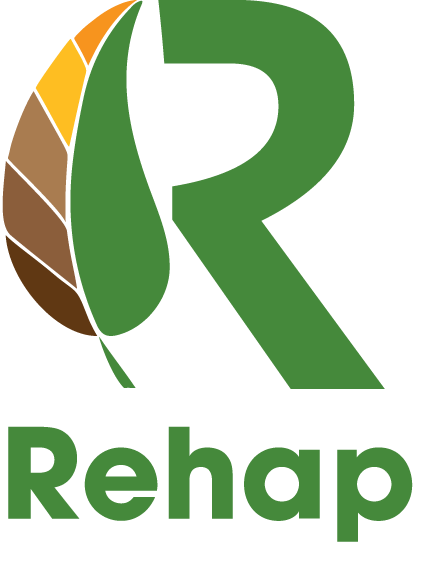
Name: REHAP
Programme: H2020-SPIRE-2015
Period: 2016 – 2020
Europe’s position in the production of biochemicals from biomass and by-products is limited to a few compounds, while its demand is one of the largest in the world. However, Europe has many world-leading chemical companies.
Objective:
Lignocellulosic waste is one of the most abundant resources that does not compete with the food chain. The 16 REHAP partners aim at the revalorisation of agricultural (wheat straw) and forestry (bark) residues through their recovery from both primary (sugars, ignin, tannins) and secondary (sugar acids, carboxylic acids, aromatics and resins) processes, taking into account ecological constructions as business lines. The project will provide reductions in the use of fossil resources of 80-JOO%, and energy use and CO2 emissions of over 30%. Specifically, building blocks (1,4- and 2,3-butanedioI, stereopolyols), materials (PUs, phenolic resins, modified hydrolysis protein) and products (wood-based panels, insulating foams, cement, adhesive) will be obtained:
- Tannins and carbohydrates from forestry waste to be converted into bio phenolic resins for wood and isocyanate-free polyurethanes (PU) for insulating foams, respectively.
- Lignin and carbohydrates from agricultural residues to be converted into bio phenolic resins for building panels, wood and biosuperplasticisers for cement, and biosterpolyols for adhesives, respectively.
- Flame retardant lignins and sugar-based additives will also be developed.
The developed processing technologies (chemo/thermo/enzymatic and fermentation) will be optimised at pilot scale (TRL6-7) for further exploitation and replication of the results. All products will be integrated into a prototype to demonstrate industrial applicability in the Green Building sector. Life cycle and cost assessment, market analysis, business plan, waste management strategy and measures for future standardisation will be carried out throughout the project, using a systemic perspective approach.
Academic collaborators:
Tecnalia / VTT / Unia / Rina Consulting / Collanti Concorde / Rampf / Insight Publishers LTD / Lafarge / BBEPP / Novamont / CUSA / CTXI / Biosyncaucho / Cartif
WEB:
www.bbeu.org/projects/rehap/
View Video:
https://www.youtube.com/watch?v=DOBoxBb6smg
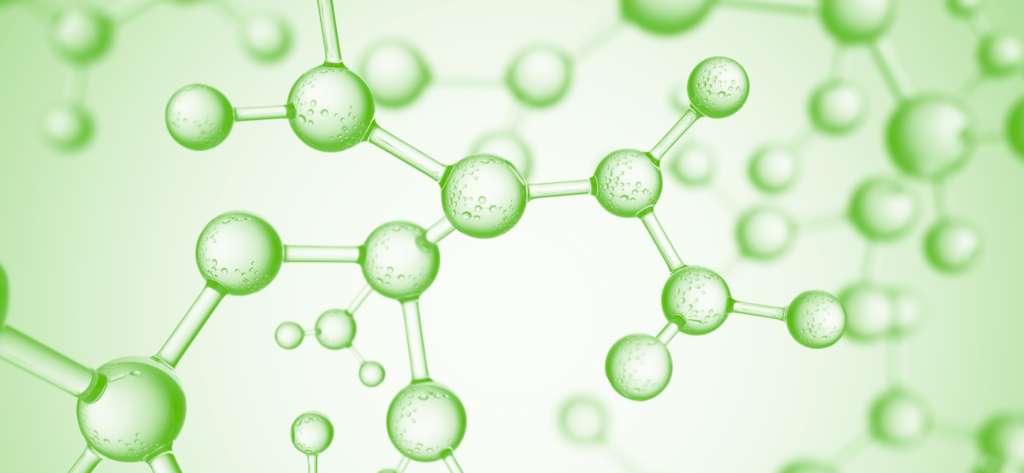
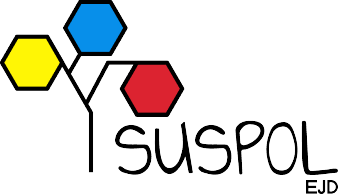
Name: SUSPOL
Programme: HORIZON 2020 – EJD
Period: 2015 – 2019
Project:
SUSPOL-EJD is a Joint European PhD in “Organocatalysis and Sustainable Polymers” that will offer 10 early stage researchers the possibility to be awarded double PhD degrees in two different countries. Aiming for excellence in the development of high quality training opportunities for junior researchers in the area of sustainable production Organocatalysis and Polymers.
Objective:
The ultimate goal is to create the scientists who will be the future leaders for the transition of organocatalysis from laboratory to sustainable industrial processes and products.
Research and training areas include organic chemistry, catalysis, modelling, polymer engineering, green chemistry, sustainable processes, renewable products, polymer latex, coatings, biomaterials, pharmaceuticals and adhesives. The presence of a high number o f industrial partners makes the project highly cross-sectoral. The research and training of the programme is highly innovative as it combines frontier research projects and industrial developments.
Academic collaborators:
University of Bordeaux (France), University of Pals Vasco (Spain), University of Mons (Belgium) and University of Warwick (UK). Industrial: BASF (Germany), Purac Corbion (Netherlands), Synthomer (UK), IBM (Switzerland and USA) and Foresa (Spain)
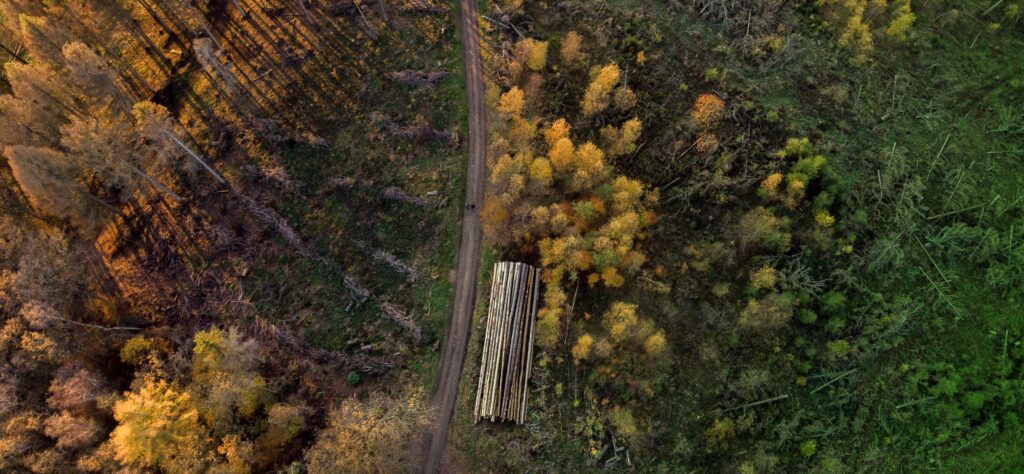
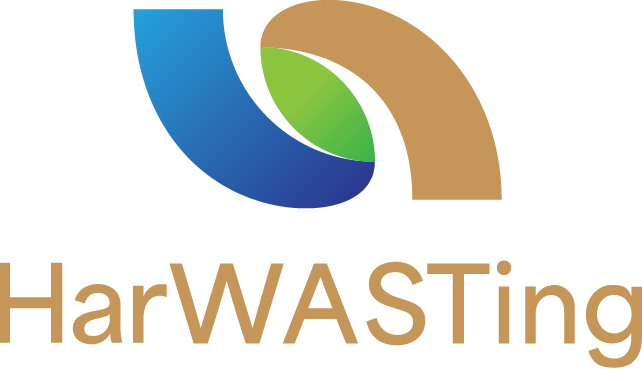
Name: HARWASTING
Programme: HORIZON.2.6 – Food, Bioeconomy Natural Resources, Agriculture and Environment Cordis
Period: 2025-2029
Project:
HarWASTing aims to develop innovative business models based on circular economy (CE) principles to promote bioeconomy in rural areas, by implementing a set of scalable and replicable technological solutions to efficiently exploit underutilised biomass from forestry and agriculture to develop innovative and high-value products.
Objective:
HarWASTing models will support sustainable management practices and will promote an efficient use of natural resources, reducing overall waste generation and post-harvest losses by implementing valorisation processes and fostering CE principles. To this end, a methodology will be implemented to collect, treat and revalorize biomass from forest and agricultural harvest, pruning waste and bioethanol process side-streams, respecting the cascade principle for biomass use.
A one-fits-all technology, Hydrothermal Carbonization, for a higher energy efficient treatment of lignocellulosic biomass residues will be combined with Pressurized Hot Water Extraction and innovative post-treatment technologies, to develop high-value added products and avoid any non-valorised side-stream.
The whole concept will be demonstrated at small-scale pilot, built-upon existing wood, food and bioenergy value chains to further strengthen their economic and environmental sustainability through synergistic interlinkages between them. Mediterranean, Boreal and Continental bioregions will be studied. The holistic concept is based on the central valorisation route of Hydrothermal Carbonizationand its solid product, hydrochar, that is converted into hybrid wood-hydrochar panels with less than 10% of bio-adhesive for special applications such as fire protection or electromagnetic shielding.
A novel support AI-based digital tool for forecasting agroforest feedstock availability will be developed. Innovative digital passports will help to commercialize the panels and bioadhesives. The hydrochar will be offered on a new digital platform which also serves for networking and for publishing of best-practices.
Academic collaborators:
Universitat Politecnica De Valencia, Teknologian Tutkimuskeskus Vtt Oy, Danmarks Tekniske Universitet, Universitatea Transilvania Din Brasov, Weif Agrotecnia Sl, Srdc Yazilim Arastirma Ve Gelistirme Ve Danismanlik Ticaret Anonim Sirketi, Ingelia Sl, Financiera Maderera Sa, Foresa Technologies S.L., Asociacion De Municipios Forestales De La Comunitat Valenciana, Asociacion Desarrollo Rural Turia Calderona, Asociatia Proprietarilor Si Administratorilor De Paduri Din Estul Transilvaniei, Joutsenten Reitti Lag, Brimatech Research Ggmbh, F6S Eu Tech Innovation Network Designated Activity Company.

